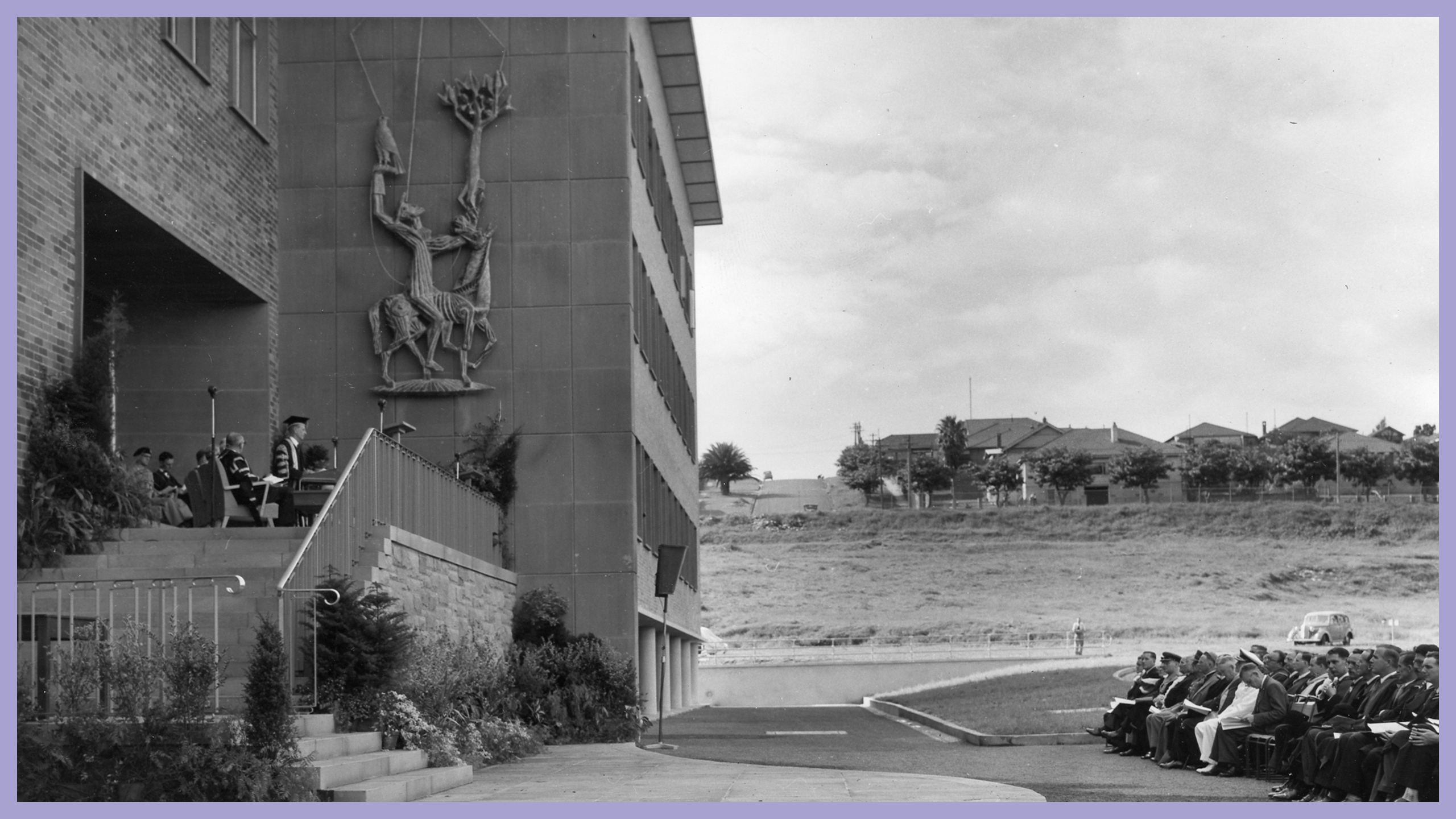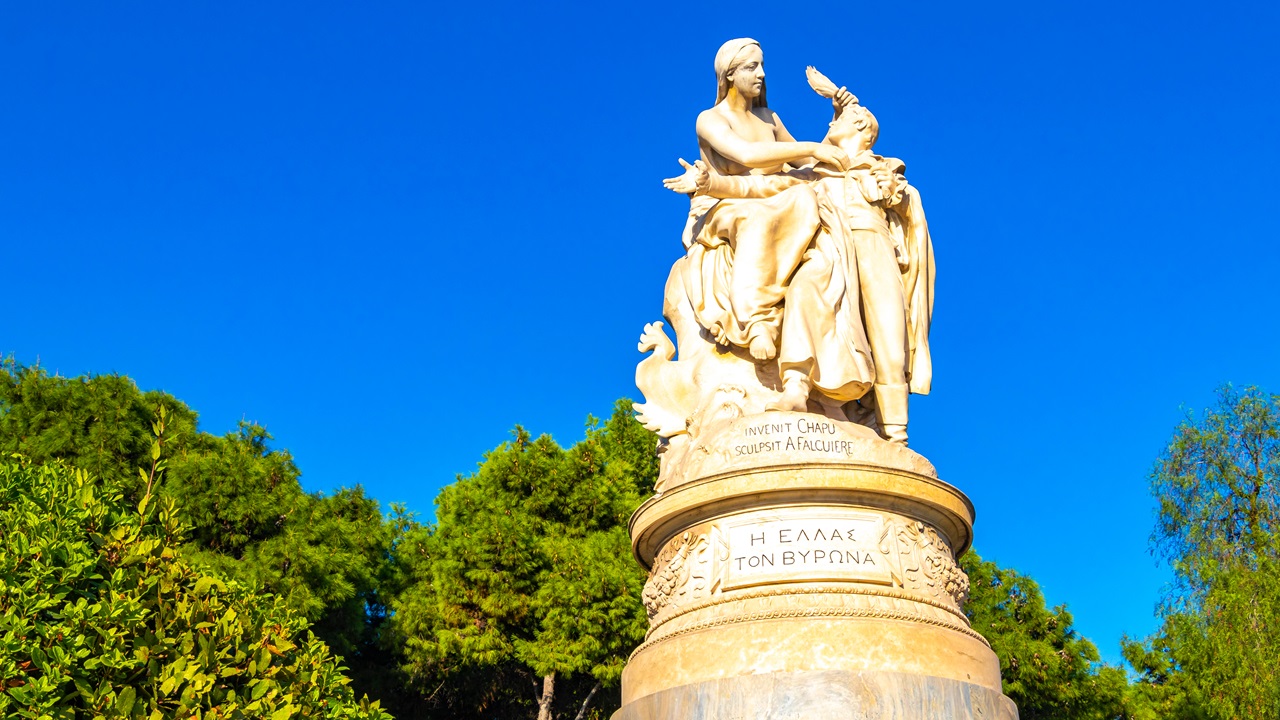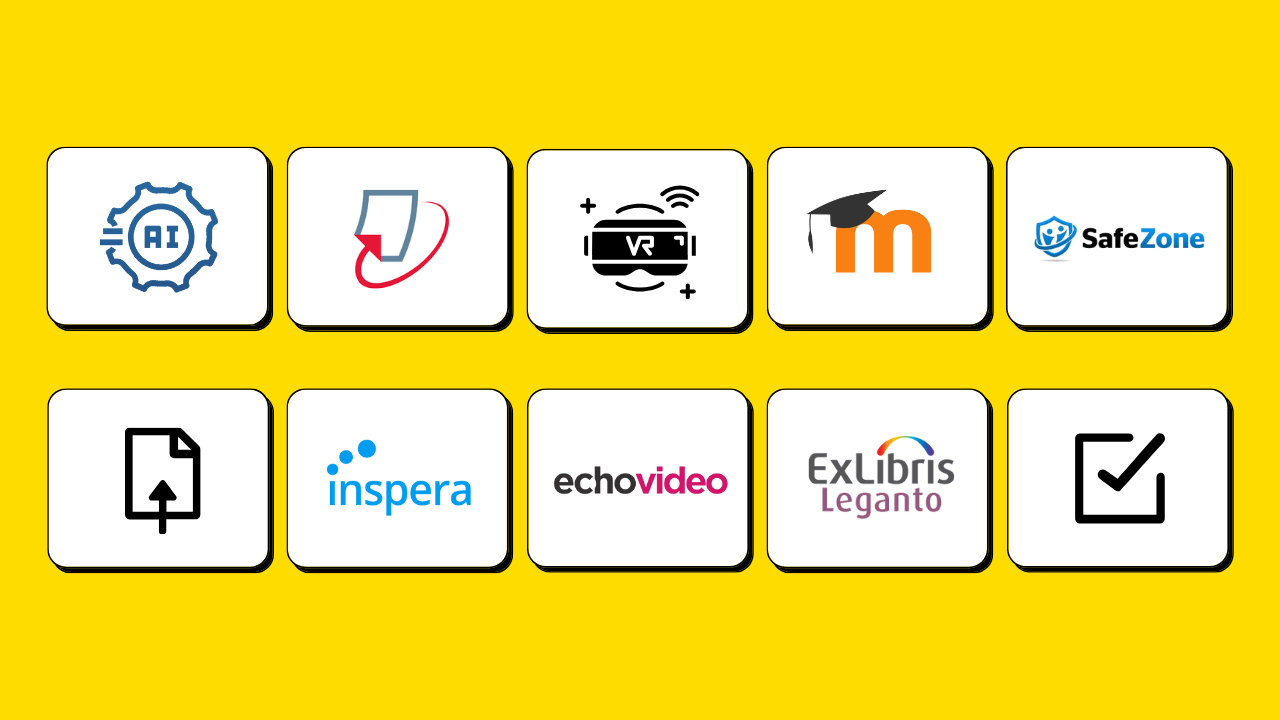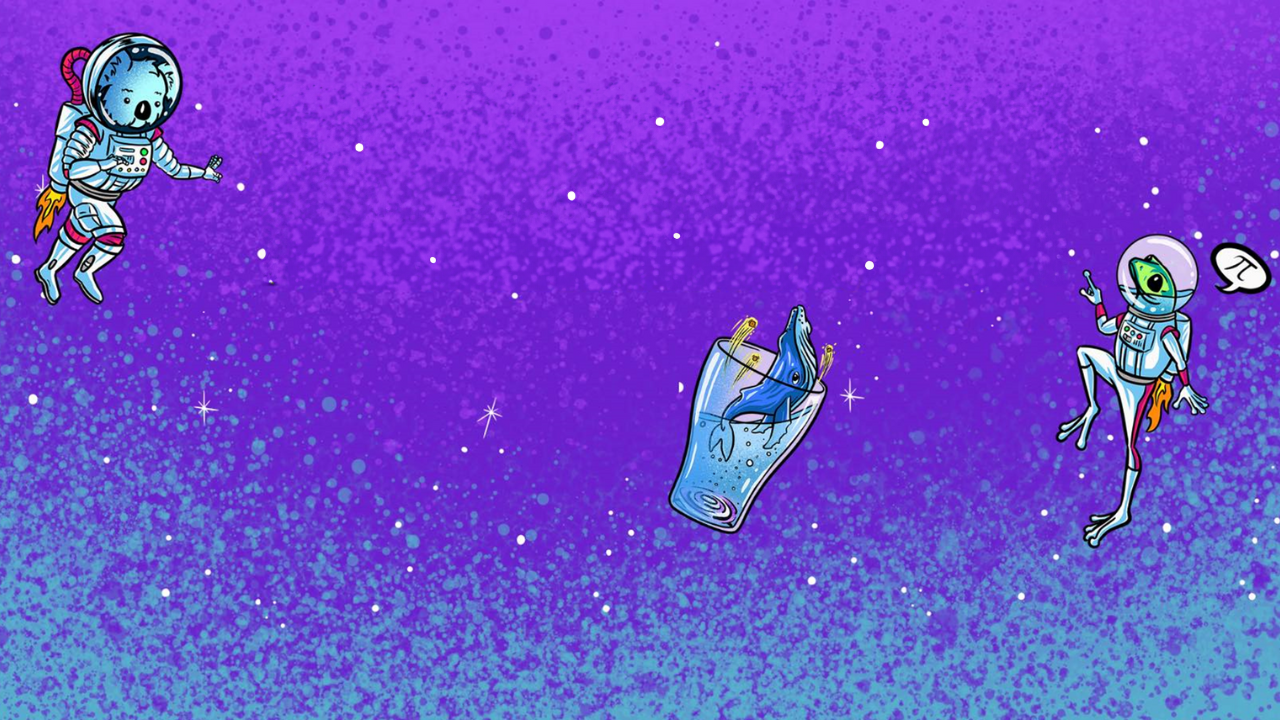Ethics for the 21st Century
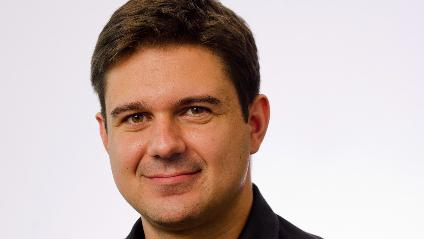
Ethics is the philosophy of human conduct. How should we act? That's the question of ethics. Throughout most of history, the repertoire of actions available to us was very limited, as was their reach and complexity. Likewise, power structures were largely independent and trade was slow, which contained the impact of actions in both space and time.
Today we have a globalised economy run by a network of cybersystems comprised of people, software, data, algorithms, AIs, companies, and very few modern empires whose tentacles touch billions of people in over 100 countries. So, what is ethics today, and what will it be in the future? If we as a civilisation want to flourish in this century, we have to understand which actions will take us there.
Machine learning scientist Tiberio Caetano will reflect upon this question and indicate a few paths for reframing our understanding of ethics for the 21st century.
Presented by the Institute of Electrical and Electronics Engineers, Society on Social Implications and Grand Challenges
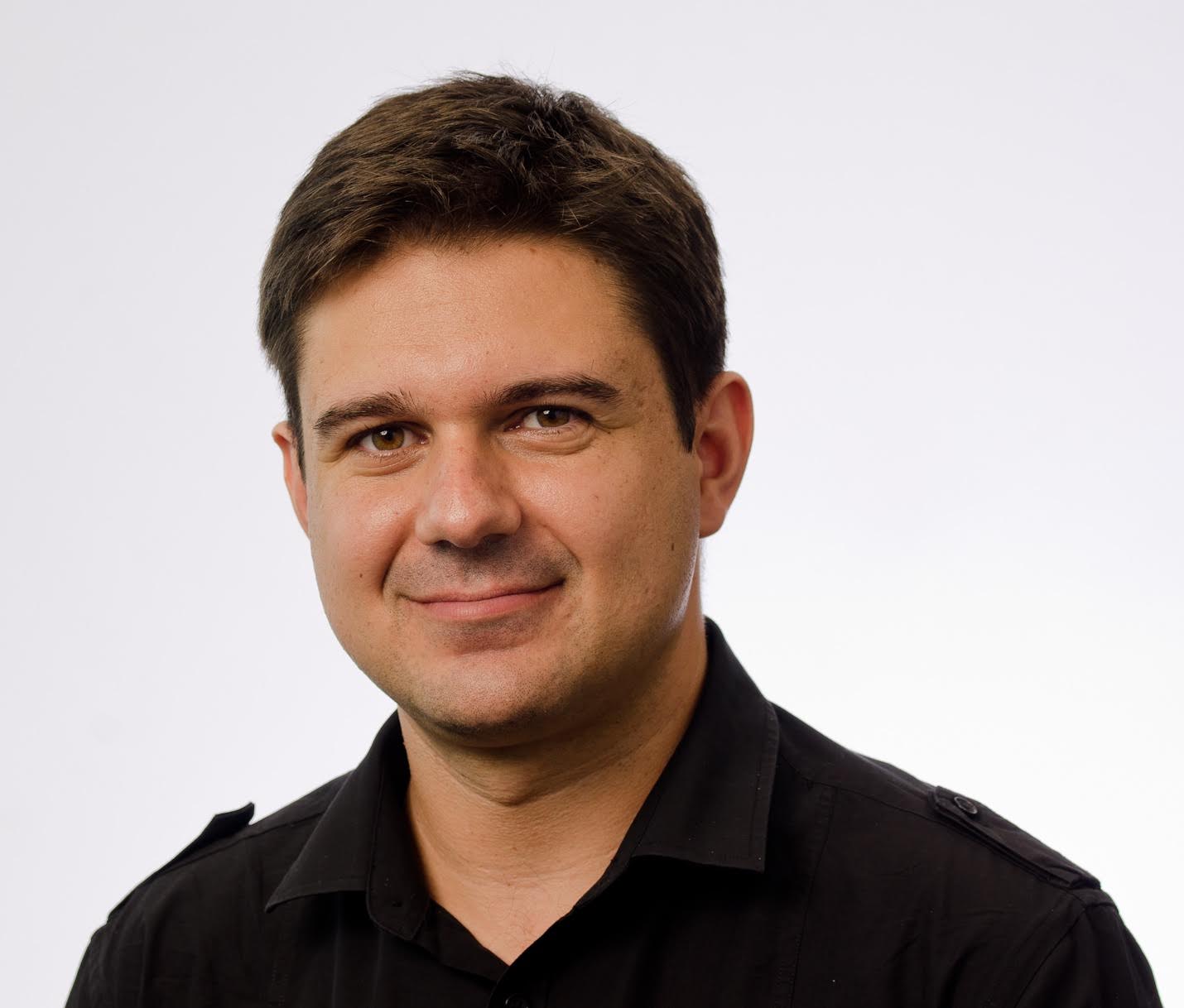
Tiberio Caetano
Tiberio Caetano is Co-Funder and Chief Scientist at Ambiata, and Adjunct Professor at the University of Sydney. Prior to that he spent 10 years as a machine learning researcher at NICTA and held adjunct academic positions at the ANU and UNSW. He has published extensively at the top machine learning venues. His research interests revolve around machine learning, causal inference and ethics. He is currently focused on reconceiving the field of ethics and moral philosophy beyond "human behaviour" so as to include the agency of more general systems, such as AIs, cybersystems and networks and markets of cyberagents. This program has the practical goal of equipping AI and cyber systems with the capacity of ethical conduct towards humans and sentient beings. He is currently working on setting up a new research institute to pursue that goal.
